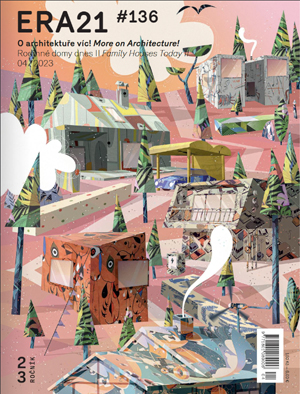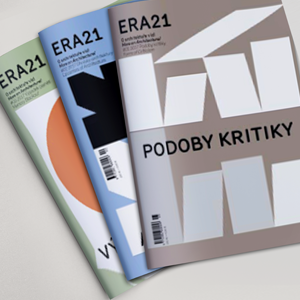French architecture of the 20th century is very closely tied to the usage of concrete, possibly more so than in other countries. Let’s think of Auguste Perret or Le Corbusier, both of whom became famous for their exposed and rough concrete designs. Considered durable and relatively cheap, concrete can be used almost everywhere and with many different surface treatments. But it also needs sand and water, while the production of cement alone is responsible for approximately 7 % global CO2 of the world’s emissions. Concrete is great, but at the moment it’s being overused, also it’s too expensive in the long run, and questionable in terms of its environmental impacts. True, we can’t do without it when building bridges and foundations, but in many other cases we can. And there are other materials—wood, straw, reed, rock, earth, hemp—gradually finding their way into contemporary French architecture.
Vitruvius said one of the first things an architect can do is to make sure that local materials, and materials already on site, are used as best as possible. Projects selected for this issue of ERA21 often indicate a return to this old principle, sometimes dusting off vernacular architecture. In the present context, we need to start developing an interest in local resources as well as local knowledge, make provisions for more and more extreme climate conditions, and consider local cultures. Take a look around, discover, discuss, listen, understand, and work with what’s already here—creatively and frugally.
Send e-mail back »


ERA21 vydává ERA Média, s. r. o. |
|
|
Phone: +420 530 500 801 E-mail: redakce@era21.cz |
|
| WEBdesign Kangaroo group, a.s. |